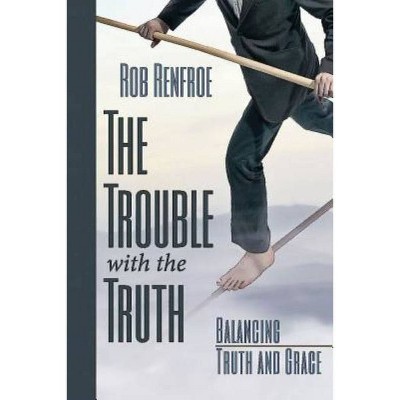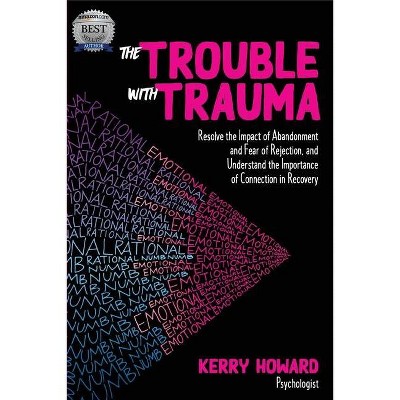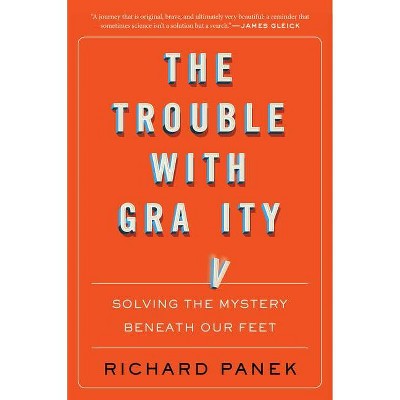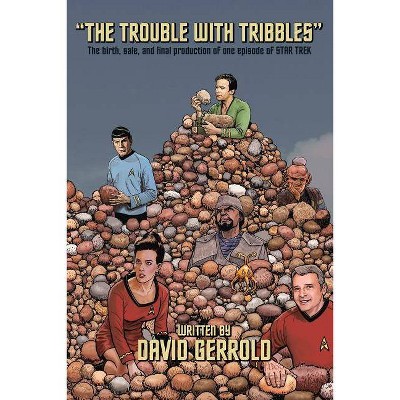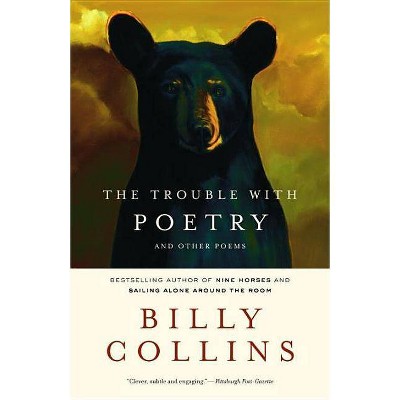The Trouble with Psychotherapy - by Campbell Purton (Paperback)
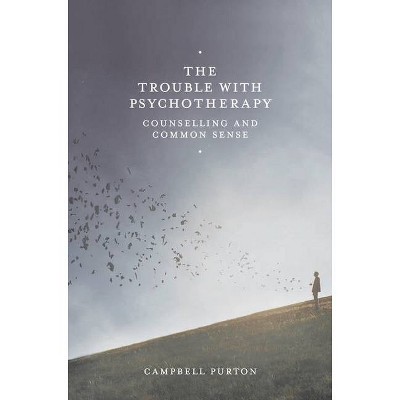
Similar Products
Products of same category from the store
AllProduct info
<p/><br></br><p><b> Book Synopsis </b></p></br></br><p>Current therapeutic practice is grounded in traditional theories of psychotherapy, such as the theories that underlie cognitive-behavioural, psychodynamic and person-centred practice. But none of these approaches has been proven to be more effective than any other, leaving the therapist with an ethical and professional dilemma: how do you advocate and practise one theory with your clients, when a completely different theoretical approach is being successfully practised down the road? <p/>In this book Campbell Purton argues that psychotherapy and counselling theories fail to provide adequate justification for their practice. Part 1 highlights the weaknesses and dangers that underlie traditional counselling theories and their derivatives, including psychodynamic, cognitive behavioural, existential and neuroscience approaches. Having unpicked these theories, Part 2 goes on to develop an exciting new way of thinking about therapy that does not rely on theory - one that can be likened to a 'common sense' approach to therapeutic practice. <p/>This book poses important questions and offers unique insight for anyone studying or practising in the field of counselling and psychotherapy.</p><p/><br></br><p><b> From the Back Cover </b></p></br></br>Current therapeutic practice is grounded in traditional theories of psychotherapy, such as the theories that underlie cognitive-behavioural, psychodynamic and person-centred practice. But none of these approaches has been proven to be more effective than any other, leaving the therapist with an ethical and professional dilemma: how do you advocate and practise one theory with your clients, when a completely different theoretical approach is being successfully practised down the road? <p/>In this book Campbell Purton argues that psychotherapy and counselling theories fail to provide adequate justification for their practice. Part 1 highlights the weaknesses and dangers that underlie traditional counselling theories and their derivatives, including psychodynamic, cognitive behavioural, existential and neuroscience approaches. Having unpicked these theories, Part 2 goes on to develop an exciting new way of thinking about therapy that does not rely on theory - one that can be likened to a 'common sense' approach to therapeutic practice. <p/>This book poses important questions and offers unique insight for anyone studying or practising in the field of counselling and psychotherapy. <br><p/><br></br><p><b> Review Quotes </b></p></br></br><br>'Campbell Purton has managed to explain, where others have failed, how it is that psychotherapy of many theoretical varieties can and actually does work. He develops an adequate understanding of psychotherapy, a last: an understanding that is not itself a theory.' - Dr. Rupert Read, Reader in Philosophy, School of Philosophy, Politics and Languages. <p>"<br><br><BR><br><p/><br></br><p><b> About the Author </b></p></br></br><p>Campbell Purton is Associate Tutor at the Centre for Counselling Studies, University of East Anglia. He is the author of Person-Centred Therapy: The Focusing-Oriented Approach (2004, Palgrave) and The Focusing-Oriented Primer (2007, PCCS Books).<br>Campbell Purton is Associate Tutor at the Centre for Counselling Studies, University of East Anglia. He is the author of Person-Centred Therapy: The Focusing-Oriented Approach (2004, Palgrave) and The Focusing-Oriented Primer (2007, PCCS Books).</p>
Price History
Price Archive shows prices from various stores, lets you see history and find the cheapest. There is no actual sale on the website. For all support, inquiry and suggestion messages communication@pricearchive.us
